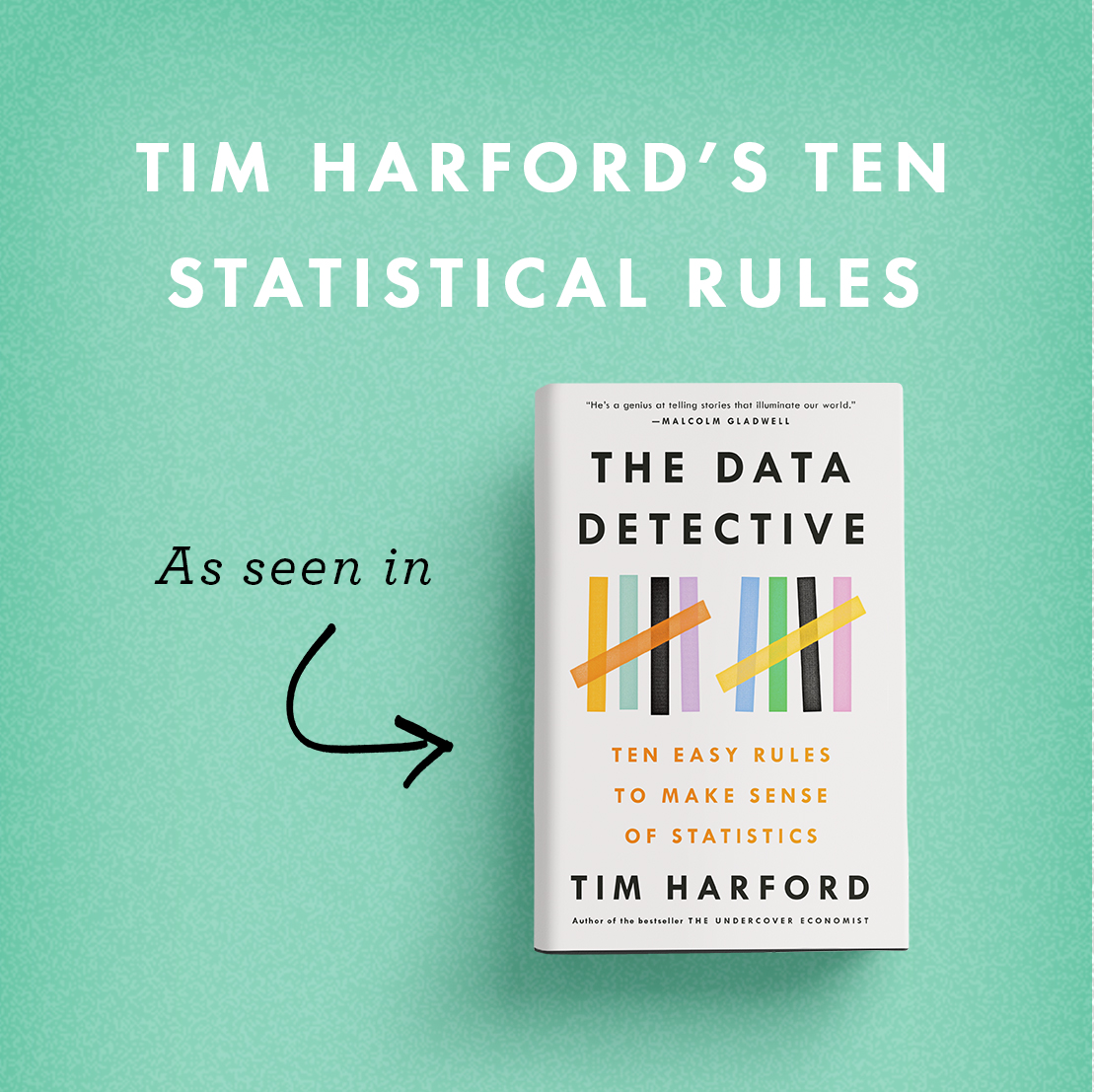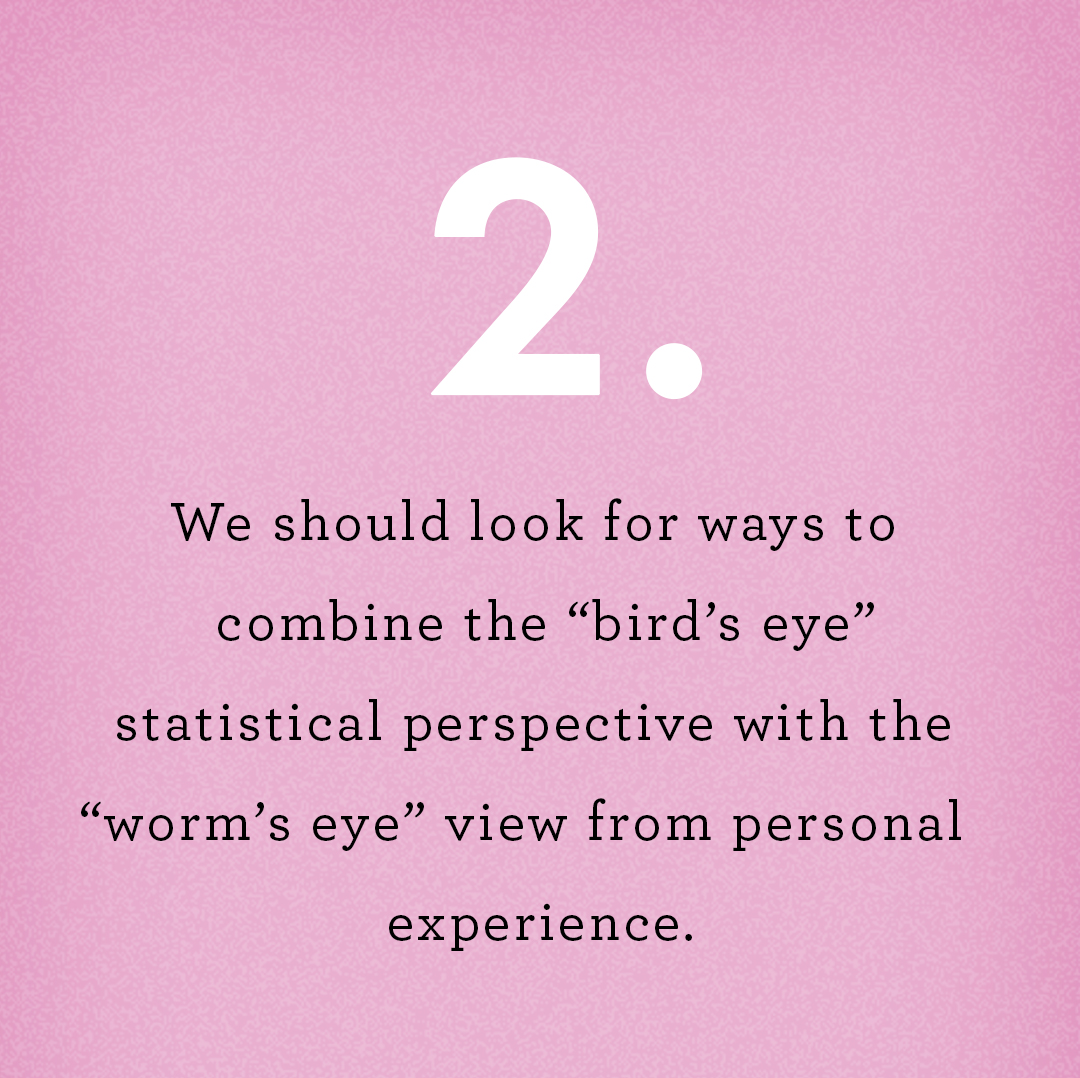
Help me, hivemind! I have three related questions about your experiences of email:
1) What piece of email behaviour most annoys you?
(EG Sending pdfs and saying "please see attached document" instead of just putting it in the email.)
1) What piece of email behaviour most annoys you?
(EG Sending pdfs and saying "please see attached document" instead of just putting it in the email.)
2) What fresh hell - some new, terrible fad - have you seen with respect to email?
(EG "Just re-sending this to get it to the top of your inbox.")
(EG "Just re-sending this to get it to the top of your inbox.")
3) Have you seen any pieces of email ettiquette that made you think, "ah, yes, that's the way to do it"?
(EG Moving someone to bcc, and saying you're doing it, to acknowledge that they should no longer be copied in to an irrelevant exchange.)
(EG Moving someone to bcc, and saying you're doing it, to acknowledge that they should no longer be copied in to an irrelevant exchange.)
Thoughts welcome! (I'm about to join a meeting so will not respond immediately...)
• • •
Missing some Tweet in this thread? You can try to
force a refresh







